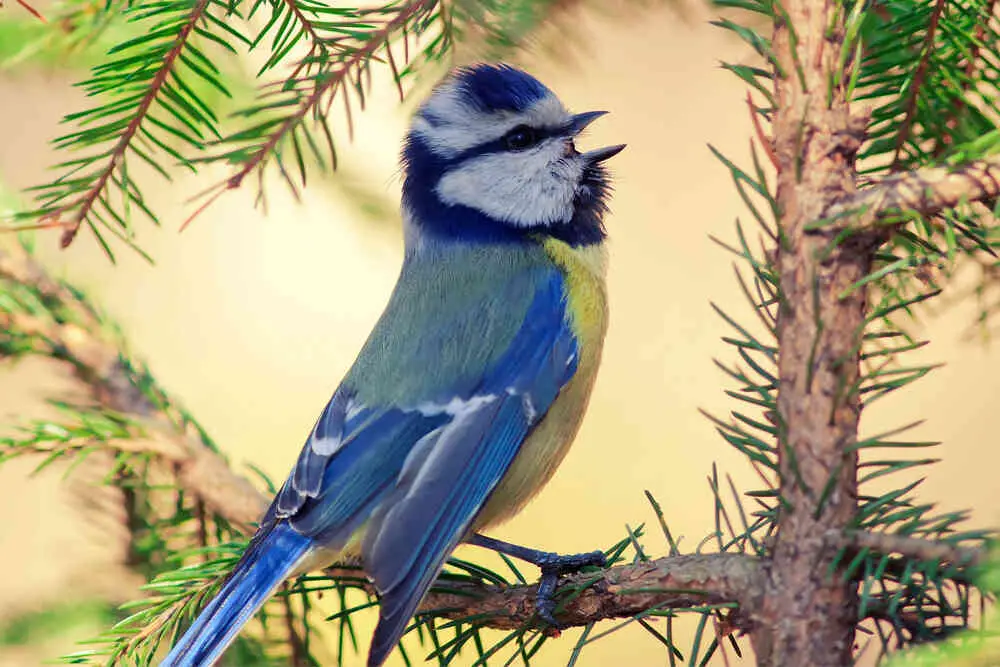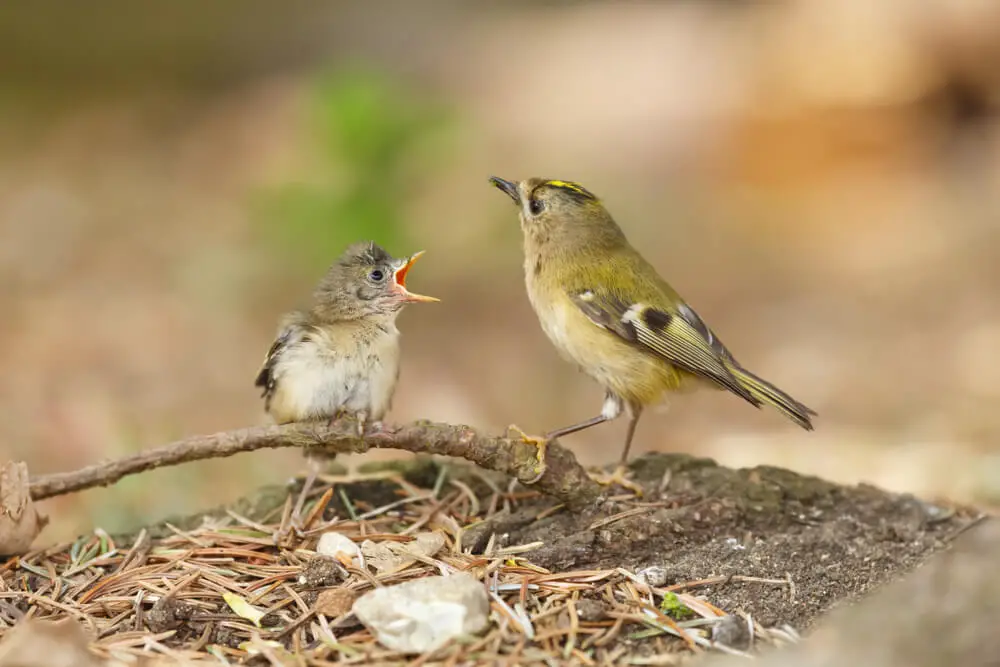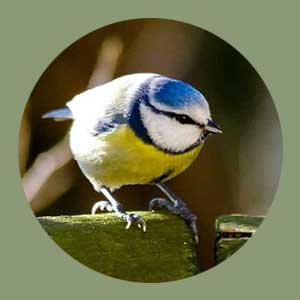There can be few better sounds than the melodic tunes of birdsong. Weeding my flower beds and sorting the shed are made much more pleasant tasks if I’m being serenaded by my garden bird friends.
I’m not sure if birds sing ‘because they can’ or if there is an ulterior motive for their song.
Why do birds sing – there are two main reasons. The first is to repel rivals and protect their territory. We hear a song, birds recognise as an alert or a sign to steer clear.
Secondly, males use their voices in a bid to attract a female. They use their loudest and most varied songs to show any prospective partners that they are healthy, strong, and worthy of them.

Table of Contents
Communicating via birdsong
Each bird has its own sound, useful for humans and other bird species to recognise.
Some have a melodious, tuneful song, while some mimic other birds. Others have short calls or long trills; each is different and as unique as a fingerprint.
Bird calls, such as quacks, ticks, honks, and tweets, are their way of communicating with one another. Some noise can be a warning cry, to stay away as there is a threat close by. Other noises are an alert for help, or to make others of their species aware of a good food source or resting place.
Tiny birds can make their voices heard over long distances even when there are trees and undergrowth in the way.
Bird calls are one thing; bird song is another.
Using birdsong to defend territory
Before a bird can defend a territory, they need to find one and claim it as their own. Birdsong plays a large part in this procedure.
When a bird flies over what seems a quiet area, they assume that no other species has taken up territory there. When they have staked ownership, they use song to ward off any threat. Evolution has shown that birds prefer not to have a scrap about it and choose to politely remind any potential rival to back off; this plot is taken.
Of course, it doesn’t always end there; feathers sometimes fly.
Using birdsong to attract a mate
Bird song is usually seasonal, especially during the breeding season.
We should expect the bird’s noise to increase towards the end of January; they are on the hunt for a suitable mate.
Many females use the male’s song as a way of picking the potential father of her young. If he has a loud, powerful song, she feels he will be a good protector and provider.
Hens are impressed by males with complex tunes or those that mimic that of other birds.
Males sing to ensure breeding success; he needs to out-sing all rival birds as he is desperate to procreate.
Heavy birdsong continues throughout the summer and usually calms down in late July. Around this time their feathers start to moult, they try to hide from the world. No self-respecting bird wants a rival to see him looking shabby and not at full strength.

The Dawn Chorus
If you’re an early riser, you might have enjoyed the dawn chorus. It is the still and silent part of the day at first light, just as the sun rises.
Many bird species’ join in, but the one that usually kicks things off; is our friend, the robin. A popular train of thought is that they’re announcing their survival to anyone who will listen. They made it through the night and should b admired.
The females that participate are probably enjoying the way their voice carries, it also gives them something to do until it becomes light enough to carry on with their day.
Males use it as another way of showing off to potential partners. They also use their song to warn off new suitors that try to attract the attention of their mate. Females that lay eggs early in the morning are particularly fertile at this time of day; males signal to others to keep their hands off their property!
Birds are clever enough to listen for areas where no singing is heard. As they fly overheard, they realise that these quiet places are available for them to stake their claim on a territory.
Do birds only sing during the breeding season?
Some birds sing in winter, most notably, the robin. They hold their territories all year round and use their song to warn rivals away.
It isn’t just the males that sing; females join in too. They are notorious for singing beneath street lights at dawn. A sound that is enough to make anyone smile, even on the coldest winters morning.
Final thoughts
There are almost 9,000 species of birds globally; around 5,400 are passerines, birds that like to perch. Almost all of those species love to sing, and each one has a different song.
Most of our garden visitors are passerines, so, in Britain, we are treated to a wide array of songs, it is like an air-borne choir in summer sometimes!
Thanks for reading ‘Why do Birds Sing’ and finding out that it’s not just about showing off; sometimes birds sing to survive.

Thankyou for the information about bird song and calls I did not know the difference until now. I look forward to your next interesting newsletter next month
I get very few birds in my garden. One male blackbird and his female,one robin,two dunnocks and plenty of wood pigeons. I feed them every day but do not get any in my nesting box
Maybe someday.?